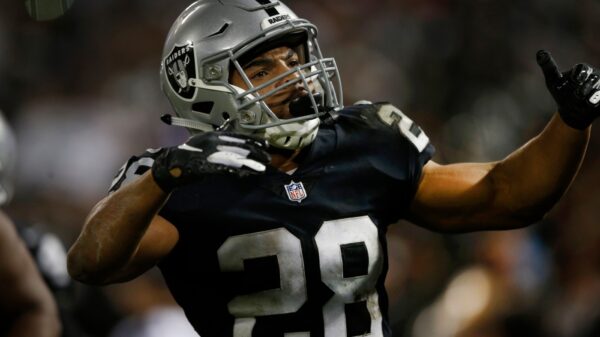Sweden and Finland are advocating for a relaxation of the European Union’s emissions targets, citing reduced tree growth in their regions. Both countries warn of severe economic repercussions if they are compelled to limit forest harvesting for wood products to comply with EU climate regulations. The EU has mandated these nations to enhance carbon dioxide absorption by forests as part of its commitment to achieving net zero emissions by 2050.
Both Sweden and Finland face challenges in meeting the EU’s Land Use, Land-Use Change and Forestry (LULUCF) targets for the periods 2021-2025 and 2026-2030. They have urged EU officials to adopt a more flexible compliance approach, emphasizing that climate change has impeded tree growth and the ongoing conflict in Ukraine has escalated demand for timber products.
Ulf Kristersson, the Prime Minister of Sweden, expressed concerns regarding the EU’s framework for forest management. On September 15, 2023, he stated on social media platform X, “The EU’s current framework for forest use… is a major problem and, if not revised, would lead to unreasonable and unjustified restrictions on Swedish forestry.” He further asserted that imposing strict limits on Nordic forestry would be misguided.
Forests are a crucial economic resource in both nations, covering approximately 70% of the land area in Sweden and Finland. In Sweden, wood products account for more than 10% of the country’s exports, while in Finland, this figure rises to nearly 20%. The forestry sector employs over 200,000 individuals across both nations, underscoring its importance to their economies.
The lobbying efforts by Sweden and Finland come at a time when the EU is grappling with balancing ambitious climate goals and the economic realities faced by its member states. As discussions continue, both countries remain firm in their stance for a reconsideration of the current targets, highlighting the need for policies that reflect the unique environmental and economic contexts of the Nordic region.





































































